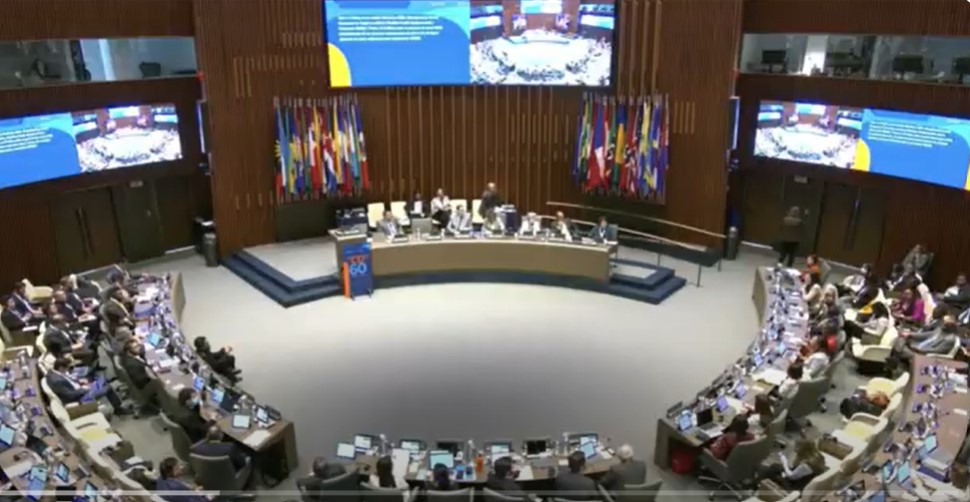WFSA Council member, Dr. Luiz Fernando dos Reis Falcão called on PAHO member states to strengthen their health workforce by building the capacity, resourcing and professional well-being of the region’s anaesthesiologists.
Dr Falcão gave his oral presentation in relation to Agenda item 4.3 Policy on the Health Workforce 2030.
The World Federation of Societies of Anaesthesiologists (WFSA) represents over 500,000 anaesthesiologists in over 130 countries, with 24 national member societies in the PAHO region.
As our region’s response to COVID highlighted and the discussions about how to achieve Universal Health Coverage attest to, a trained and supported anaesthesia workforce is indispensable to a functioning and resilient health system.
Unfortunately, PAHO continues to face a chronic lack of trained anaesthesiologists. The WFSA’s Global Anesthesia Workforce Survey found that 10 PAHO member states had a physician anaesthesiologist density far below the recommended interim target of 5 per 100,000 as outlined in the WHO-WFSA International Standards for a Safe Practice of Anesthesia.
Health systems that have historically under-invested in anaesthesia provision are placing more onus on these same services without the necessary increase in workforce investment. This increasingly pressurised workload is resulting in higher levels of professional burnout and damaging patient safety outcomes.
WFSA is delighted by the focus this resolution brings to a range of issues affecting the health workforce but to ensure anaesthesiologists can continue to provide a high level of patient care and safety we believe three areas require specific attention:
1. Capacity building – Invest in health workforce strengthening by focusing on continued medical education, and creating safe, equitable work environments with high-quality facilities
2. Resourcing – WFSA supports the development of National Surgical, Obstetric and Anaesthesia Plans (NSOAPs) to embed adequate resourcing into national health policy and planning.
3. Professional well-being – To limit clinician burnout, member states need to with clinicians and their professional bodies to prioritise well-being initiatives.






